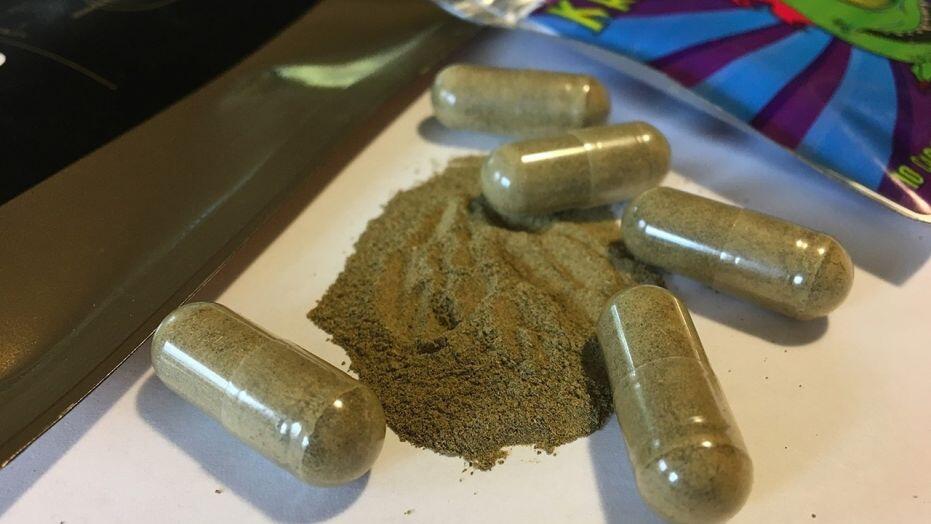Supplements may be easily available, but that doesn’t mean they’re risk-free. Matthew Dana, a 27-year-old New York State Sergeant who died in August, overdosed on a supplement called kratom, according to a recent autopsy, calling into question how safe these types of pills really are.
The Franklin County coroner’s report said Dana experienced a hemorrhagic pulmonary edema, which is when blood and other fluids fill the lungs. It’s not known exactly why Dana was using the supplement, but his obituary made note of the fact that he was a bodybuilder.
Kratom, an herbal supplement made from the leaf of a Southeast Asian plant, is known as an energizer and pain reliever, and can also be used to wean people off of opioid addictions. It’s been known to be used in the bodybuilding community to help lifters feel focused and energized, according to some forums on the topic. The coroner said Dana had been making the powdered Red Vein Maeng Da strain of kratom into a paste and eating it.
Because kratom is classified as a dietary supplement and not a drug, it hasn’t undergone any clinical trials, the Associated Press reports. But in 2014, the FDA stated that it could lead to respiratory depression, vomiting, nervousness, weight loss, and constipation, and its withdrawal symptoms could include hostility and aggression.
Six states have already banned kratom, and the Federal Drug Enforcement Agency proposed a ban last year, citing 15 previous deaths from 2014 to 2016.
As we’ve reported in the past, taking over-the-counter dietary supplements can be dangerous. In 2014, Fernando del Real was using a product called Tri-Methyl Xtreme to help him build muscle when he started noticing some negative side effects.
“There were no warning labels,” del Real told Men’s Health earlier this year. “I didn’t feel that anything bad would happen taking something that came from a store.”
Although he initially saw major gains within the first month, he later started seeing symptoms like loss of energy, legs that felt like lead, a tight scrotum, yellow eyes, itchy skin, and severe weight loss. He was admitted into the hospital, where doctors believed his supplements contained steroids.
By law, a supplement must contain at least one or more of the following: vitamin, mineral, amino acid, herb/botanical, or other dietary substance used by your body. But the number of supplements that are spiked with prescription, banned, or untested drugs that you won’t see listed on the label are increasing.
When the FDA receives reports that a product could be harmful, it warns the public and sends manufacturers and sellers a request to pull their inventory. The FDA is currently taking the first steps with kratom, asking people to report any harmful effects of it to its website.
Source: http://fxn.ws/2xTofGV











